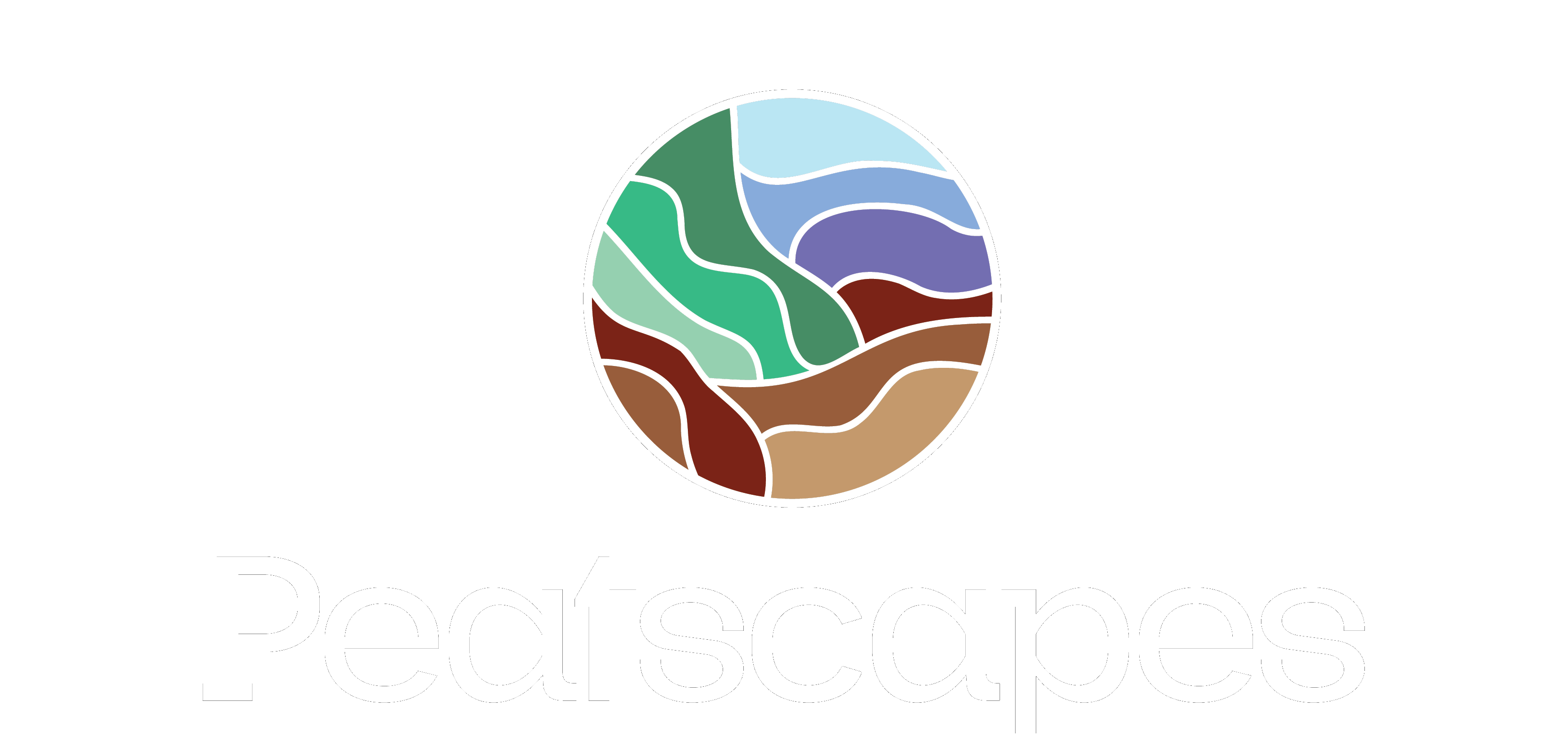Meet the Team
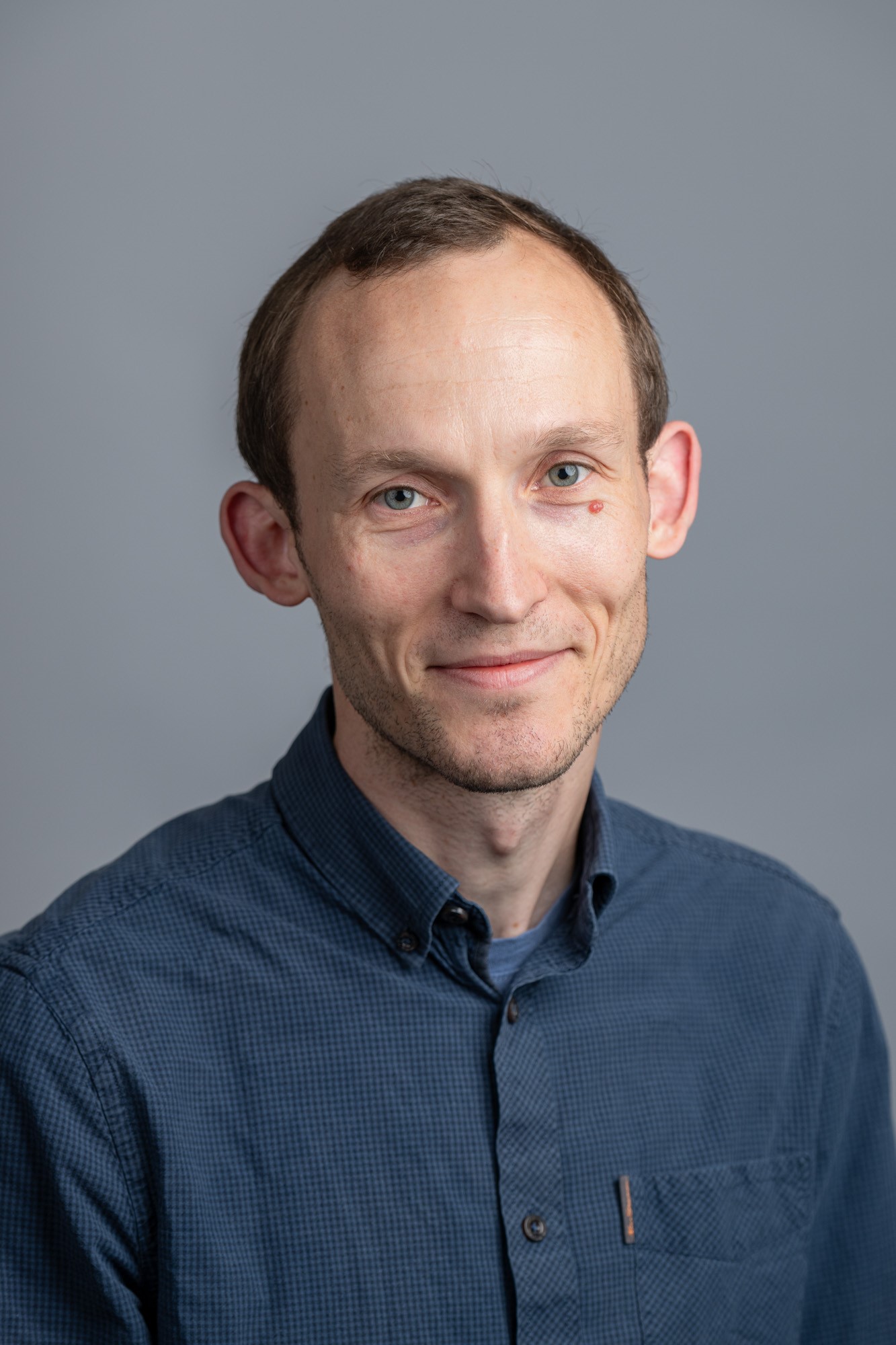 Dr James Palmer
Dr James Palmer James is a geographer whose research focuses on relationships between environment, science and society. He is particularly interested in initiatives that seek to ‘put nature to work’ as a solution to climate change and other environmental problems – whether in the form of biomass derived from crops and trees, peatlands restored to act as more effective carbon sinks, or moss harnessed as a bio-based form of air pollution control in cities.
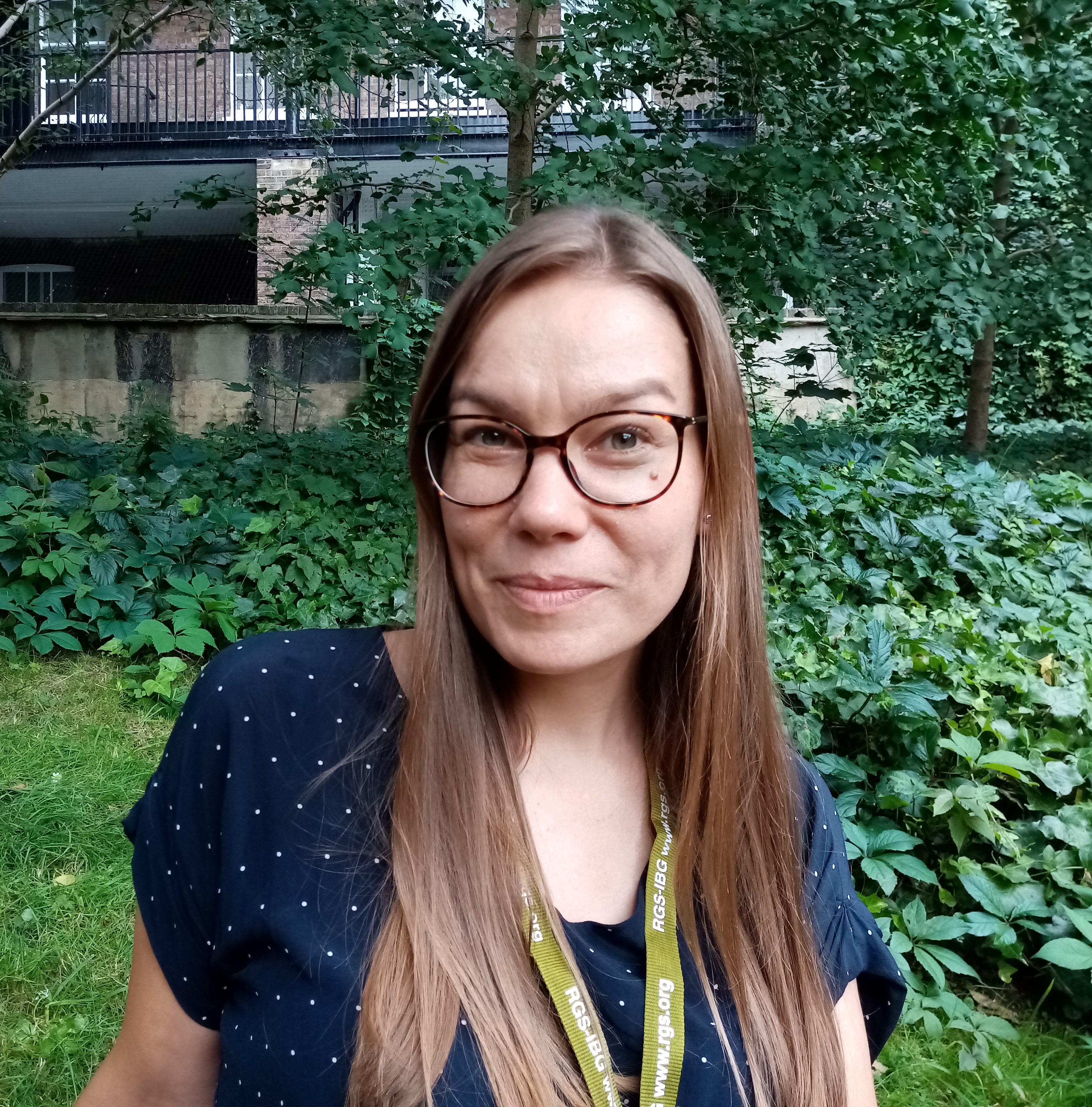 Dr Kärg Kama
Dr Kärg Kama Kärg is a geographer who studies how certain parts of nature are being made, governed and contested as resources. Previously, she has followed ‘resource-making’ practices in the extractive industries, specifically the scientific and political controversies that arise from new fossil fuel developments in the conjuncture of resource scarcity and climate change. She has now begun to explore the conflicts (and synergies) between extractive capitalism and nature restoration, including between peat mining and rewetting, but also forestry and carbon trading. Kärg’s interest in peatlands stems from her long-term involvement in Estonia’s environmental policy debates, due to her professional career before academia.
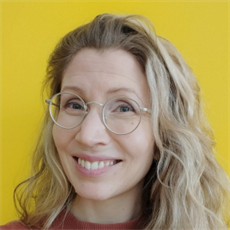 Dr Roosa Rytkönen
Dr Roosa Rytkönen Roosa is a social anthropologist specialised in the study of truth and knowledge contestations. She got interested in peatlands during her PhD project, for which she carried out extensive ethnographic fieldwork in Western Siberia, studying how natural scientists and environmental activists seek to discern truth in the fragmented epistemic landscape of contemporary Russia. Having discovered that the contestations around climate knowledge among her interlocutors were often linked to the diverse understandings of the region’s extensive peatlands, she was eager to learn more about the changing perceptions of peatlands in the context of the climate crisis. Thus, for the Peatscapes project, Roosa will expand her expertise in the qualitative study of knowledge practices to nature recovery, doing fieldwork in the project’s Estonia sites.
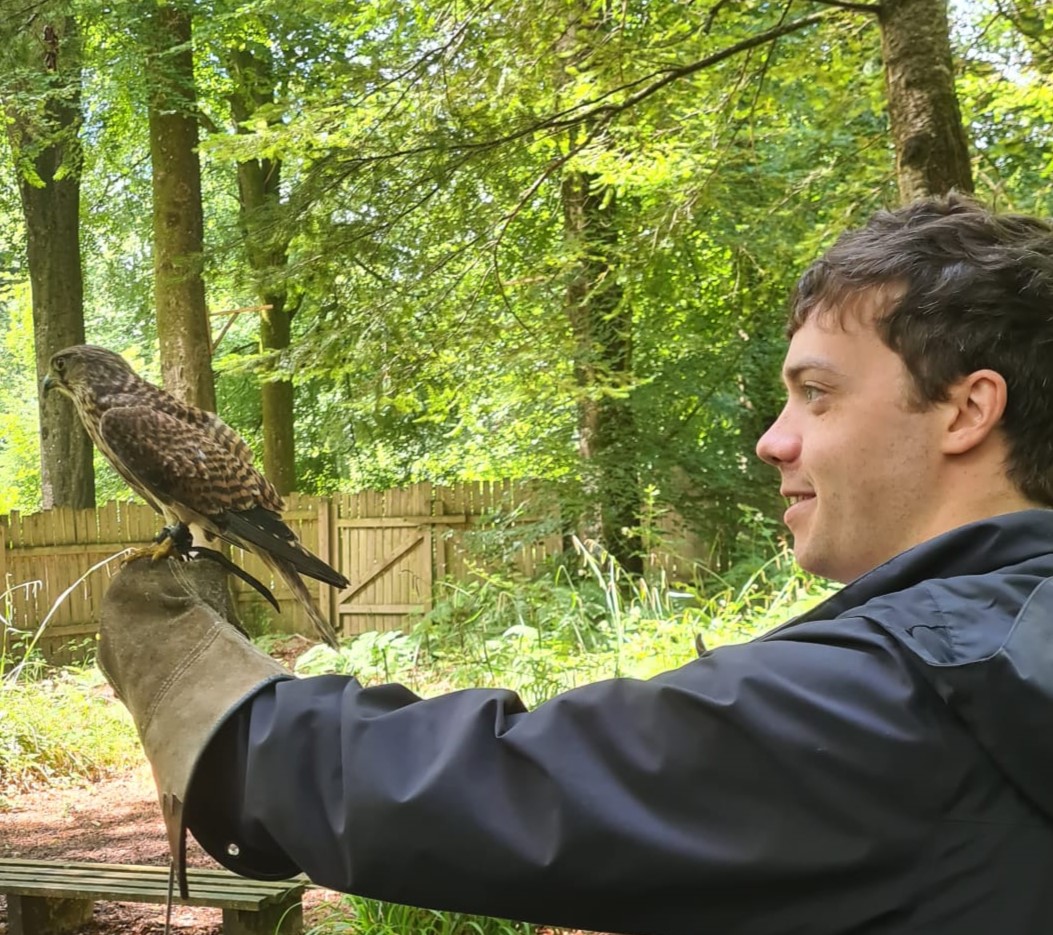 Dr Aneurin Merrill-Glover
Dr Aneurin Merrill-GloverAneurin, or Nye (right), is a historian, who has been working on peatlands since a chance encounter with a former supervisor led him to a History PhD on Lancashire’s lowland raised bogs, or mosslands. While conducting this early modern historical research, Nye longed to be able to ask his subjects just one or two questions, imagining that that would solve all of his problems. When the opportunity arose to work on a modern-day social study of peatlands, his prayers were answered, or so he thought. It turns out that just asking people what’s going on isn’t nearly as straightforward as it seemed initially.
